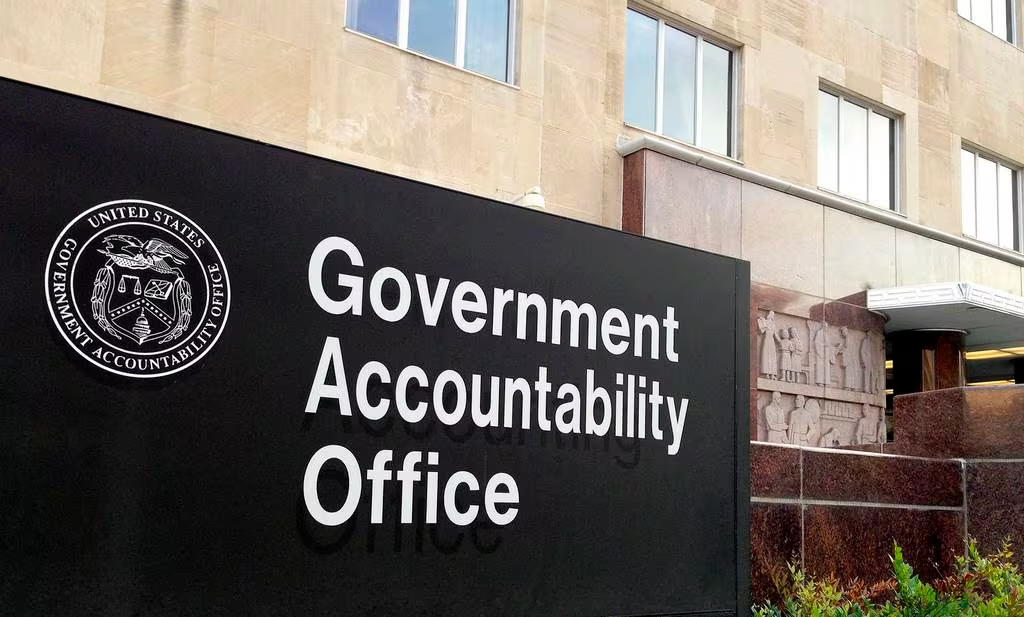Have a story idea
Have a story idea? Send it to us here.

Source : United States Government Accountability Office
March 8, 2024
Author : Patty Allen
The US Government Accountability Office (GAO) is an impartial, nonpartisan organization that audits the functioning of governmental agencies and provides reports to Congress for evaluation. Recently, the GAO, also known as the "Congressional Watchdog," has turned its attention to the Department of Transportation (DOT).
GAO claims that DOT doesn't have proper documentation showcasing how it prioritizes funding and its conflict-of-interest screening for the Multimodal Project Discretionary Grant Program.
Multimodal projects can include highways alongside commuter or freight capacity and even bus and bicycle routes and managed lanes, so various modes of transportation are interwoven together.
So, why is GAO suddenly investigating the DOT's grants for these projects?
The DOT discretionary grant program INFRA (Infrastructure for Rebuilding America program) largely funds national freight and highway improvements.
The Infrastructure Investment and Jobs Act requires GAO to assess DOT's INFRA project evaluation and selection process. GAO reviewed DOT's FY 2022 INFRA grant solicitation, evaluation, and selection processes and their compliance with federal requirements.
They also reviewed DOT's funding opportunity notice, evaluation plan, and INFRA fiscal year 2022 evaluation process paperwork, analyzed application and award data, and interviewed DOT officials, including the 26 award-winning applications.
As DOT officials explain, the Multimodal Project Discretionary Grant Program are vital federal grants that help the construction and improvement of surface transport infrastructure projects of regional or national importance.
As federal investments in infrastructure projects have increased, particularly through President Biden's IIJA funding, the DOT has faced increased pressure from policymakers to reduce the existing red tape while also ensuring a fair and transparent award process.
It was noted in the study that the DOT generally adhered to the guidelines provided for the evaluation of the INFRA application. However, the quality control process didn't always ensure complete and accurate documentation.
DOT had implemented a new quality control method for analyzing ratings and narratives, which did not always result in complete and accurate evaluation. According to DOT guidelines, the evaluation process should outline supervision procedures to ensure uniform application review.
In 2022, DOT conducted a Quality Control Team evaluation to ensure uniformity in ratings and narratives for the INFRA program and other MPDG grants.
The Quality Control Team analyzed INFRA ratings and narratives and found 35 applications whose project outcome ratings did not align with the justification presented. According to DOT, the team examined and amended ratings and narratives for all 35 applications.
However, the GAO's assessment of 35 applications revealed five instances where staff updated ratings or narratives for project outcomes, but the rationale did not match the ratings.
GAO stated that the DOT has improved several processes for analyzing and choosing INFRA proposals for awards. For example, it implemented and documented an evaluation procedure as needed by federal guidelines. DOT also issued a new document "to better explain the Secretary's award decisions," which sheds light on why the applications accepted for award were chosen over similarly placed applicants.
However, it was noted that GAO had previously recommended that DOT compel INFRA program teams to disclose their decision-making rationale at all levels of review, something DOT has failed to fully execute.
In conclusion, the GAO provided two recommendations to the DOT:
The DOT agreed with the first recommendation but disagreed with the second, claiming that it had the discretion to select which projects were exceptional. GAO maintains that the recommendation is valid.
Follow us here at Contractor News for the latest updates on infrastructure developments across the country.
Category : Department of Transportation Federal Government
